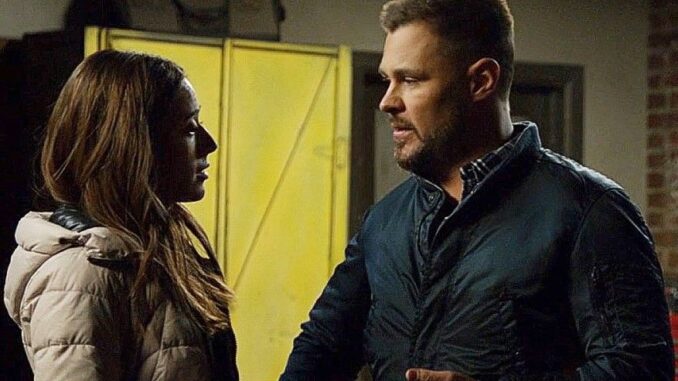
After over a decade on air, Chicago P.D. has cemented its place as a gritty, emotionally charged cop drama with a fiercely loyal fanbase. But as the series gears up for Season 13, long-time viewers have noticed a subtle yet significant shift in tone and storytelling. While the show continues to deliver high-stakes action and gripping cases, there’s a growing consensus among fans: something that made the early seasons so compelling has quietly faded. And now more than ever, it’s time to bring that crucial element back — the moral complexity and internal conflict within the Intelligence Unit.
The Gritty Gray Area: What Made the Early Seasons Shine
In the early seasons of Chicago P.D., the lines between right and wrong were anything but clear. Led by Hank Voight, a morally ambiguous yet deeply loyal sergeant, the Intelligence Unit often walked the tightrope between justice and corruption. Every decision had weight. Every case blurred ethical boundaries. Viewers were constantly asking themselves, “Was that the right call?” That ambiguity was the lifeblood of the show, setting it apart from more formulaic police procedurals.
Voight’s infamous street justice tactics weren’t always easy to watch, but they sparked conversation. The show never painted its characters as flawless heroes. Instead, they were deeply human — flawed, passionate, and sometimes dangerously impulsive. And that made them relatable.
The Halstead Factor: A Conscience in the Unit
A big part of the early seasons’ moral complexity was Detective Jay Halstead. As a former Army Ranger and principled detective, Halstead often served as the team’s conscience. He pushed back against Voight’s methods, challenging him without disrespect, offering a necessary counterbalance. His internal struggles reflected the viewers’ own doubts and made for incredible storytelling.
With Halstead’s departure in Season 10, that balancing voice is gone. And while the current cast continues to deliver strong performances, that tension — the push and pull between justice and legality — has noticeably diminished. The show now leans more on high-octane action and darker psychological narratives, especially with Upton’s storyline and Ruzek’s undercover trauma. But what’s missing is that philosophical tug-of-war.

Why Season 13 Needs to Bring It Back
Television is evolving, and so are audience expectations. Viewers today crave layered storytelling. They want heroes who struggle, who make mistakes, who ask hard questions. The early seasons of Chicago P.D. excelled at showing us that law enforcement is not black and white. It’s messy. It’s emotional. And sometimes, it forces people to make impossible choices.
Reintroducing moral dilemmas and internal team conflict doesn’t mean regressing the story — it means enriching it. As Voight continues to age and lead the team through mounting challenges, it’s more important than ever to explore how his legacy shapes the next generation of officers. Are they following in his footsteps blindly, or carving their own ethical paths?
Could a New Character Restore the Balance?
One way to reintroduce this dynamic is through a new recruit — someone green but principled, like Halstead once was. A rookie who questions Voight, not out of defiance, but out of belief in a better system. This character could reignite the debates that once defined the show, offering fans a fresh perspective without sacrificing the intensity they love.
Alternatively, a returning character could step into this role. Someone like Sean Roman or even a guest arc from Halstead himself could shake things up. Imagine a scenario where Voight must answer for an old decision, and a familiar face returns to challenge him. The possibilities for drama are endless — and meaningful.
The Time Is Now
With Chicago P.D. entering its 13th season, the stakes are higher than ever. The show has successfully evolved over time, introducing new faces, tackling current issues, and diving deep into character psychology. But for all its progress, it risks losing the very core that made it unforgettable: the moral tension.
Season 13 doesn’t need to overhaul the show. It simply needs to remember what made it powerful in the first place. By bringing back that sense of internal conflict and nuanced storytelling, Chicago P.D. can honor its roots while evolving into something even greater.
